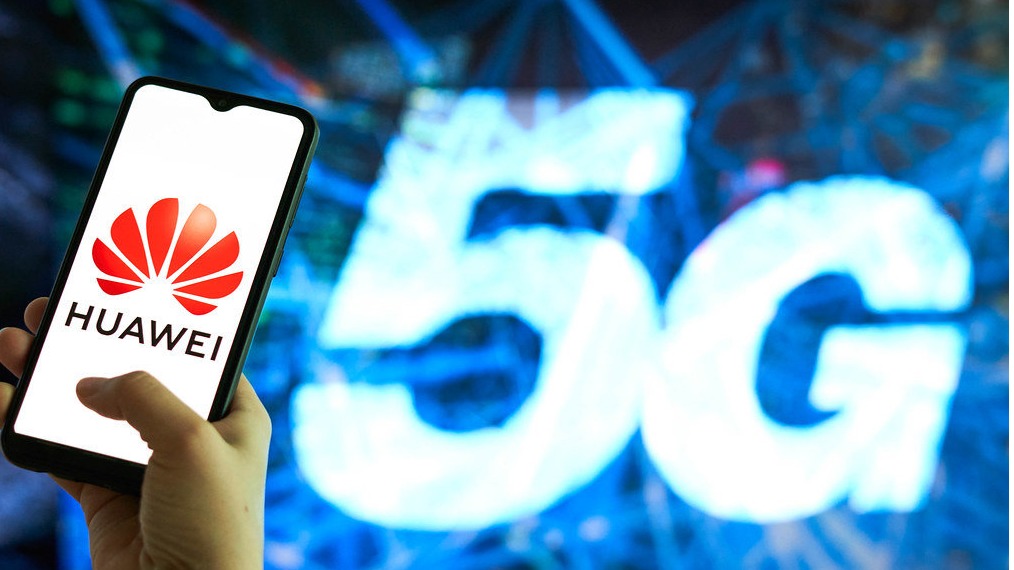The US government has reportedly stopped approving licences for US companies to export items to Chinese tech giant Huawei.
For several years, US firms have faced restrictions around items for 5G and other tech, but have been granted licences for some goods such as Qualcomm receiving permission to sell 4G smartphone chips to Huawei. Huawei was put on a trade blacklist in 2019 which restricted most US suppliers from shipping goods to the company without specific licences.
However, according to multiple reports, the Biden administration has tightened the already strict restrictions against the company. A source cited by Reuters said that US officials are in the process of creating a new formal policy of denial for shipping items to Huawei which would include components below the 5G level such as 4G items and AI.
A spokesperson for the US Commerce Department said that it regularly assesses its “policies and regulations” but did not comment on the specific news surrounding Huawei.
A spokesperson for the Chinese foreign ministry condemned the US trade policy towards China, saying that it “goes against the principles of the market economy and rules of international trade and finance, hurts the confidence the international community has in the US business environment and is blatant technological hegemony.”
The US government has taken a tough stance against Chinese tech companies under both the Republican Trump administration and the Democrat Biden. A Republican-led House committee has recently introduced a bill which would ban leading social media app TikTok from use in the US, though it faces an uphill battle to make it through all three chambers of government.
Latest News
-
Universal Music Group partners with Nvidia to create antidote for 'AI slop’
-
East of England Co-op finalises test of digital shelf edge communication platform
-
Barclays makes strategic investment in Ubyx
-
XFusion hires Chinese investment bank in preparation for IPO
-
UK orders X to tackle Grok deepfake abuse as Ofcom steps in
-
Intel bets big on 18a with Panther Lake as rivals tout AI gains
The future-ready CFO: Driving strategic growth and innovation
This National Technology News webinar sponsored by Sage will explore how CFOs can leverage their unique blend of financial acumen, technological savvy, and strategic mindset to foster cross-functional collaboration and shape overall company direction. Attendees will gain insights into breaking down operational silos, aligning goals across departments like IT, operations, HR, and marketing, and utilising technology to enable real-time data sharing and visibility.
The corporate roadmap to payment excellence: Keeping pace with emerging trends to maximise growth opportunities
In today's rapidly evolving finance and accounting landscape, one of the biggest challenges organisations face is attracting and retaining top talent. As automation and AI revolutionise the profession, finance teams require new skillsets centred on analysis, collaboration, and strategic thinking to drive sustainable competitive advantage.
© 2019 Perspective Publishing Privacy & Cookies








Recent Stories